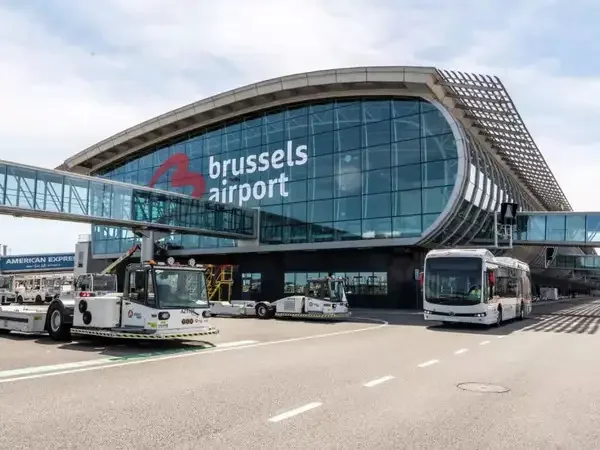A nationwide strike over the Belgian government’s proposed savings and pension reforms crippled transport across the country on Tuesday, grounding flights and disrupting metro, tram, and bus services.
Brussels Airport, the country’s largest, cancelled all departures after security workers joined the industrial action. Charleroi Airport, a major hub for low-cost carrier Ryanair, also suspended operations, citing staff shortages.
The strike marked the latest in a wave of protests since Flemish nationalist Bart De Wever became prime minister in February. His coalition government has faced growing unrest over cost-cutting measures aimed at reducing Belgium’s ballooning budget deficit, which currently breaches European Union fiscal limits.
Trade unions said the government’s proposed reforms, including pension cuts, a freeze on wage indexation, and limits on early retirement unfairly burden workers and the middle class.
“This government promised more sustainable jobs and increased purchasing power. Hot air! And once again, everyone is paying, except the rich,” said trade union CSC in a statement calling on citizens to take to the streets.
Authorities expect tens of thousands of demonstrators to march through Brussels on Wednesday. Police have warned residents to avoid parts of the city centre and use alternative routes as road congestion intensifies.
The protest came amid renewed pressure on De Wever’s administration, which failed on Monday to agree on a federal budget, forcing the prime minister to postpone a major policy speech scheduled for Tuesday.
The government said the austerity drive was necessary to plug a €10 billion ($12 billion) fiscal gap and meet EU obligations, while also pledging to increase defence spending as part of NATO’s rearmament push.
Recall that De Wever’s coalition came to power after months of tense negotiations following Belgium’s June 2024 federal elections.





